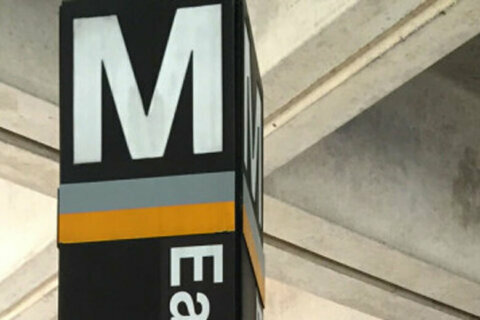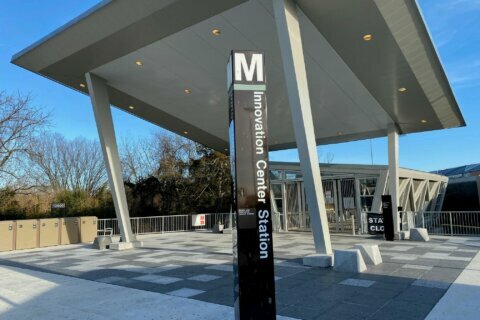The Metro Board took a first step Thursday toward restoring some of the rail service hours that were cut a few years ago.
The Safety and Operations Committee endorsed keeping Metro open until midnight again Monday through Thursday, and extending Friday and Saturday night service to 2 a.m. rather than the current 1 a.m. closing time.
The committee considered the changes because the stated goal when the service cuts were implemented was to increase maintenance work.
Metro is now changing the work that it focuses on during overnight hours, aiming to improve the use of technology, and trying to add to the efficiencies of work crews by ensuring proper preparations and by testing new safety systems that significantly cut down on the time crews are standing around waiting for permission to safely access the tracks.
One of the potentially dramatic changes in efficiency under testing now on the Silver Line makes it much easier to shut down power to the tracks and keep the power off.
“We’ve learned from our first couple years,” said Chief Operating Officer Joe Leader.
Still, federal rail safety expert Devin Rouse, an alternate on the Metro Board, is not sure that Metro has all the information it needs to know if it is ready to restore some service hours.
“What you’ve just described is a rail system that’s still trying to figure out what its maintenance needs are,” Rouse told Metro managers.
“How much work do we have to do? Without that bottom figure, we really can’t make an informed decision on this,” Rouse said.
He called for direct tracking of how much maintenance gets done under any hours changes compared to what is being done today.
Metro has increased the amount of productive time workers are spending on the tracks over the last few years.
“You’ve done a lot of good work over the past several years getting from where we were a few years ago to where we are now, but we can’t lose sight of the fact that we still have a long way to go,” Rouse said.
Metro also does a significant amount of maintenance outside of the overnight hours, including through shutdowns and single-tracking for evenings, weekends or longer periods.
“I think from a track standpoint, our state of good repair is good,” Leader said.
Metro is also trying to improve efficiencies in those shutdown periods and to boost the quality of parts and work, so that less maintenance is needed overall, said Executive Vice President for Capital Delivery Laura Mason.
Combined, it means the hours are ready to come back — at least for now.
“These are changes we think we can make without sacrificing that,” Mason said.
Metro now promises an annual review of hours that could suggest future additions or reductions of service.
The current plan, which would take effect around July 1, would not change Sunday hours.
Metro has proposed running trains more frequently on Sundays though, with five trains per hour on each line rather than four.
D.C. Metro Board’s Stephanie Gidigbi highlighted the major benefits that would bring for people who need to get to church, brunch or anywhere else, since waits would be shorter, increasing the likelihood people choose to take Metro.
Some other board members were less sure that running more trains would draw more riders.
With the committee’s approval Thursday, the proposal will now be considered by the board’s finance committee in a few weeks.
The full Metro Board is expected to approve the budget plan next month.






